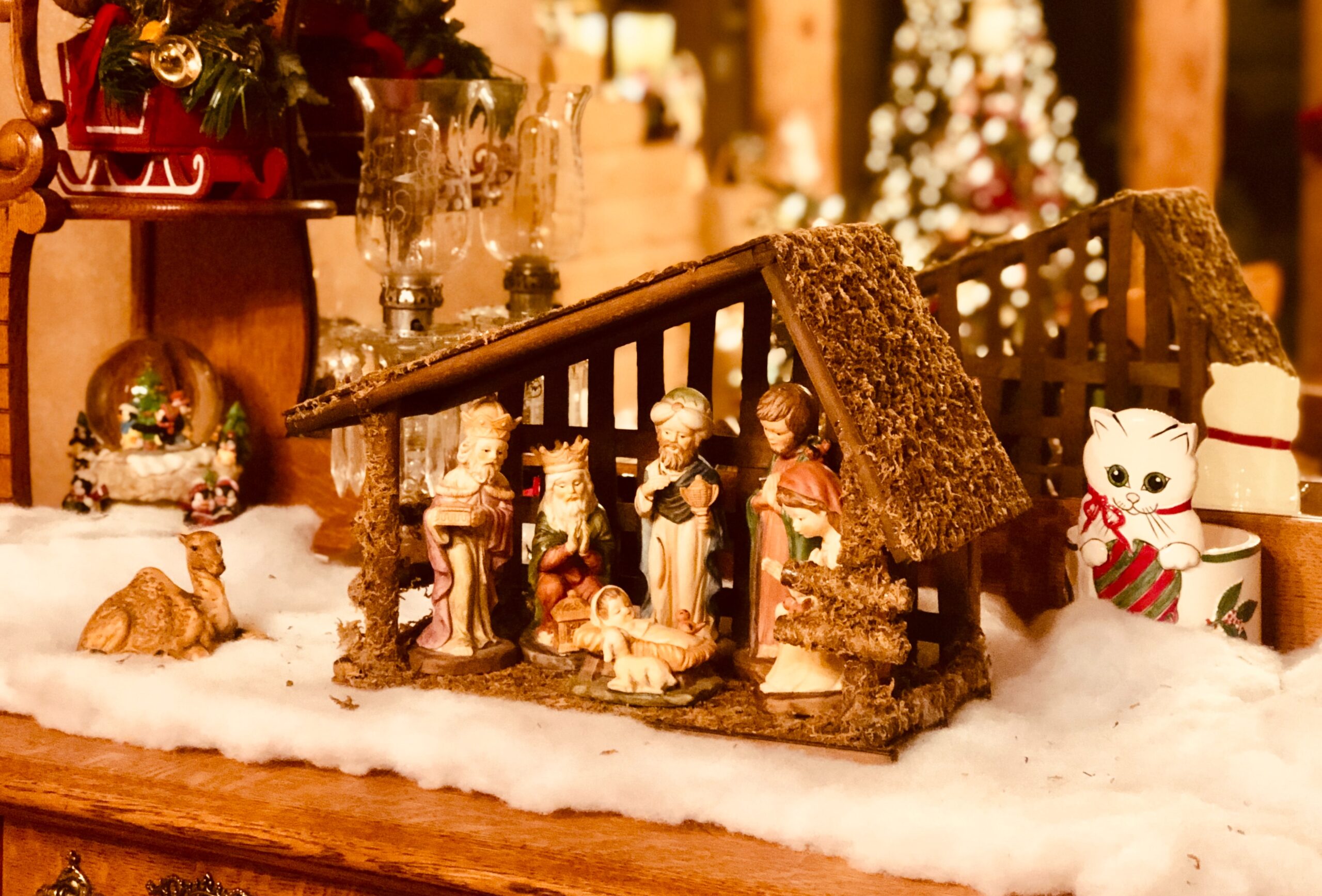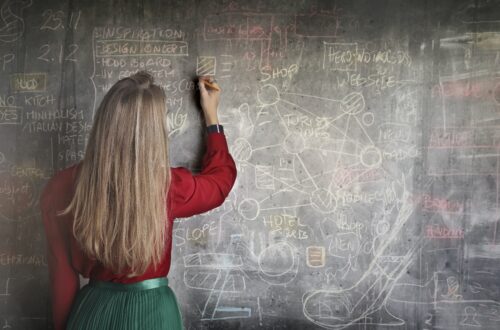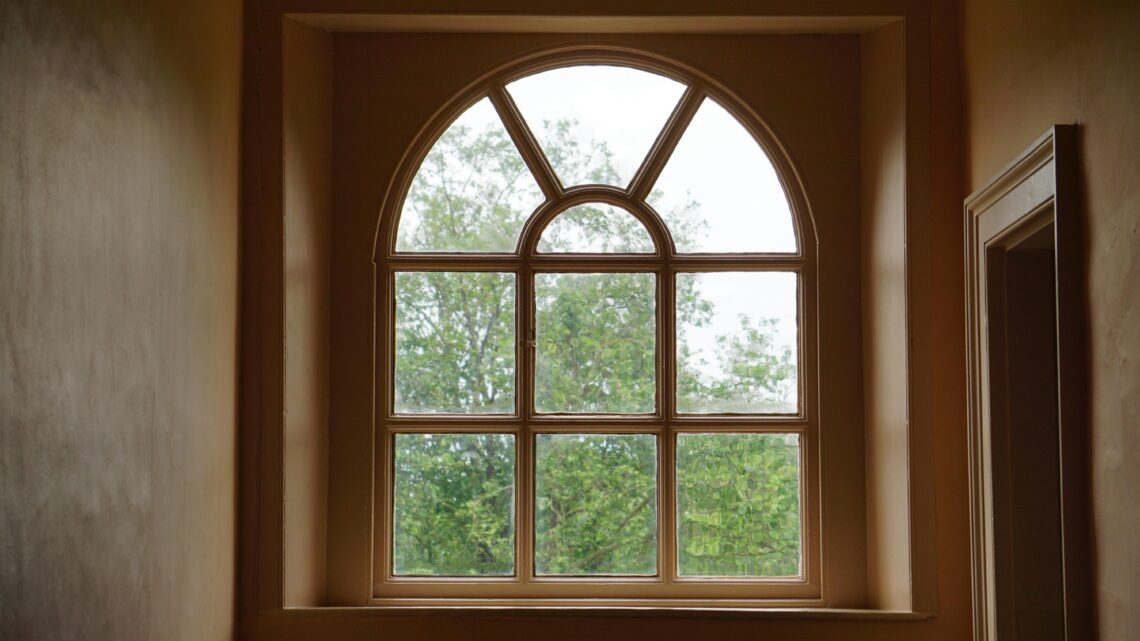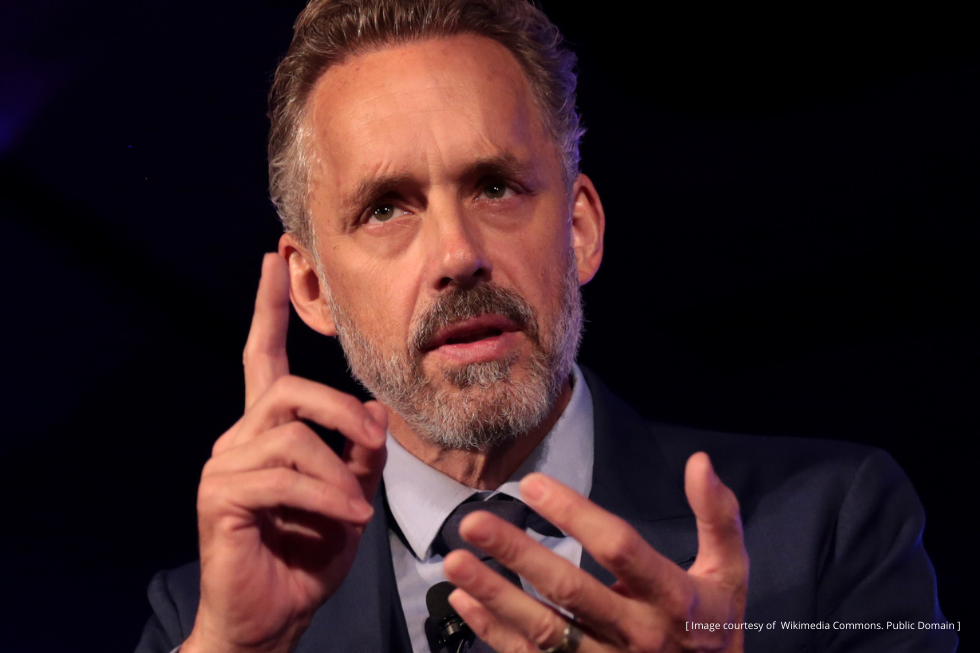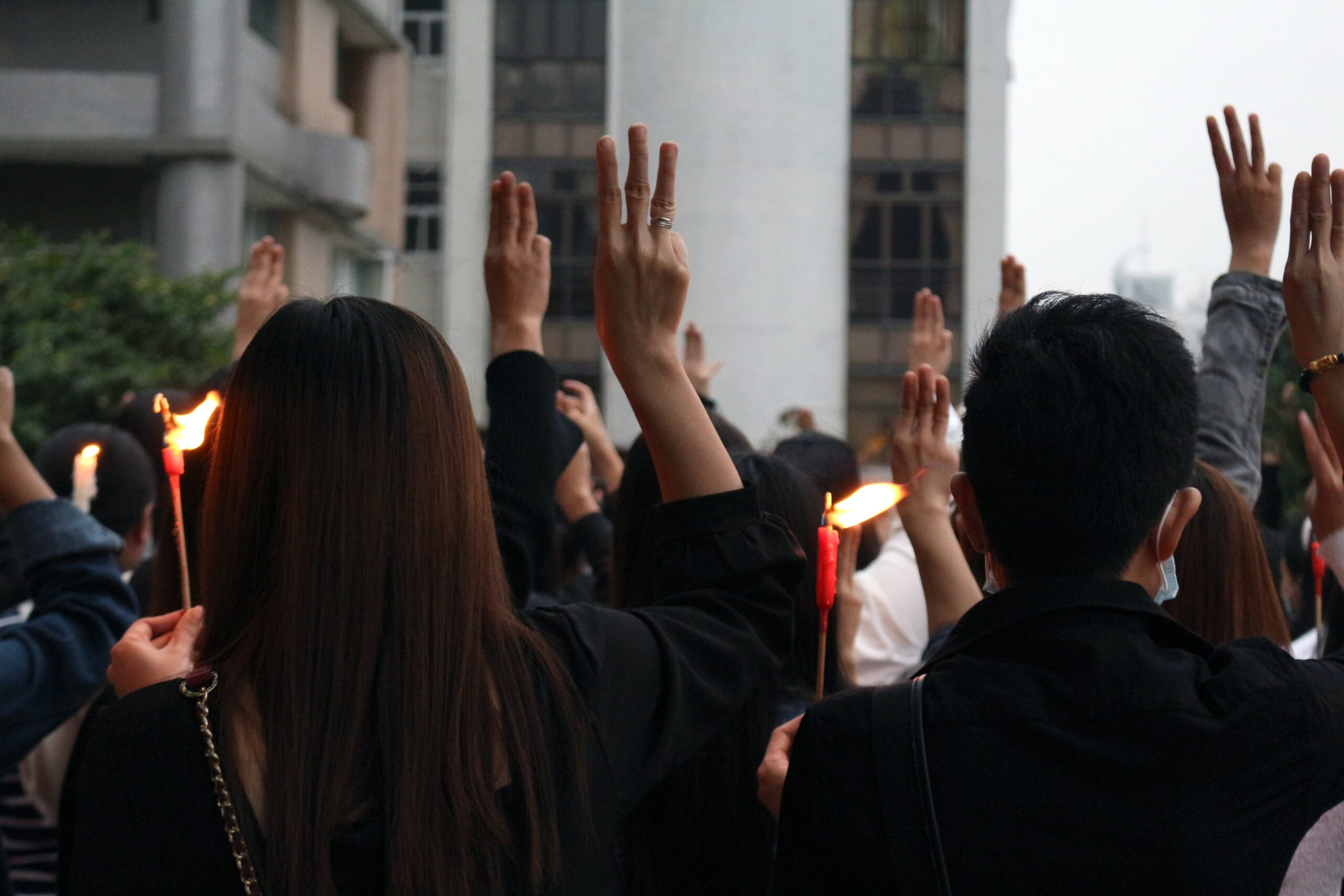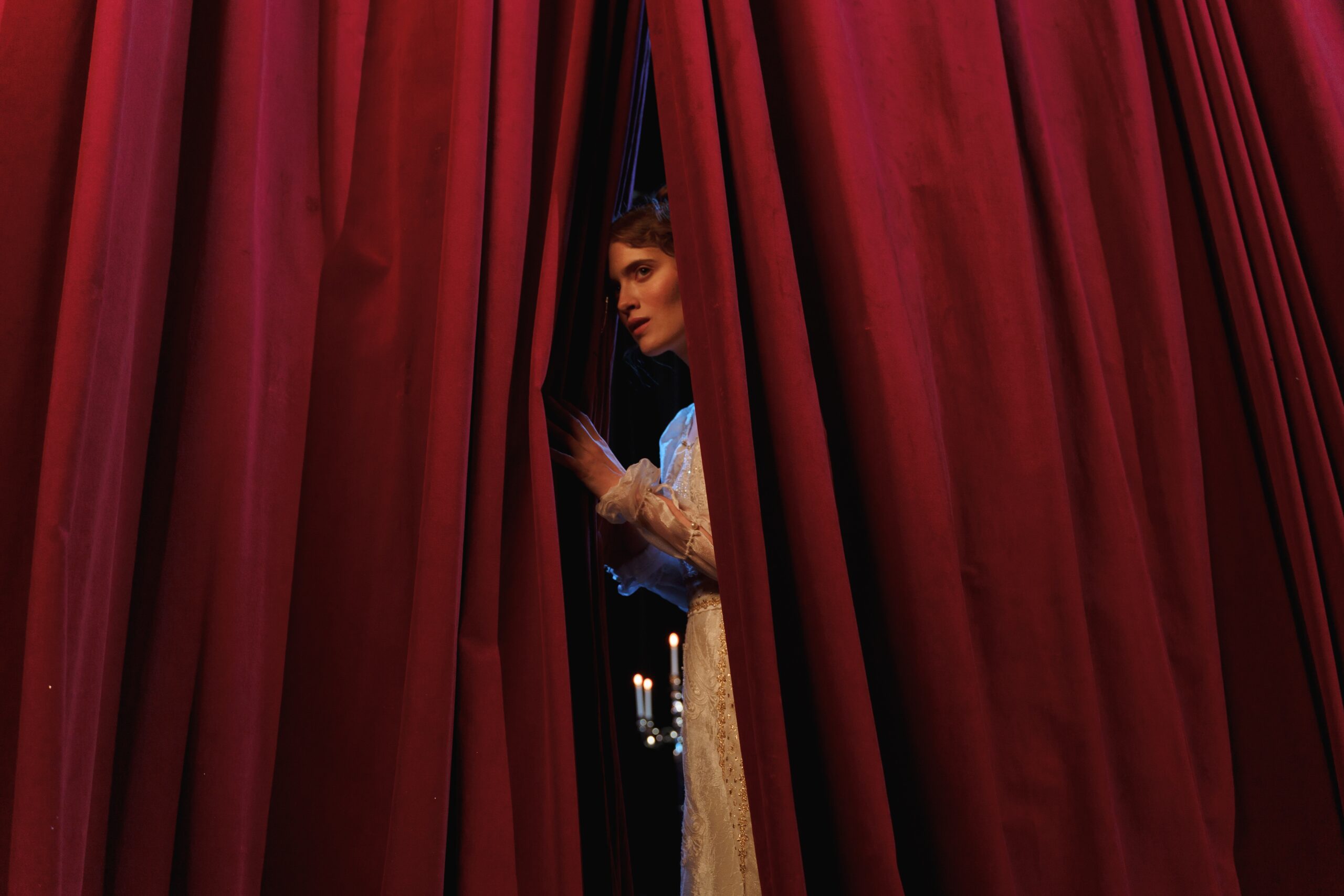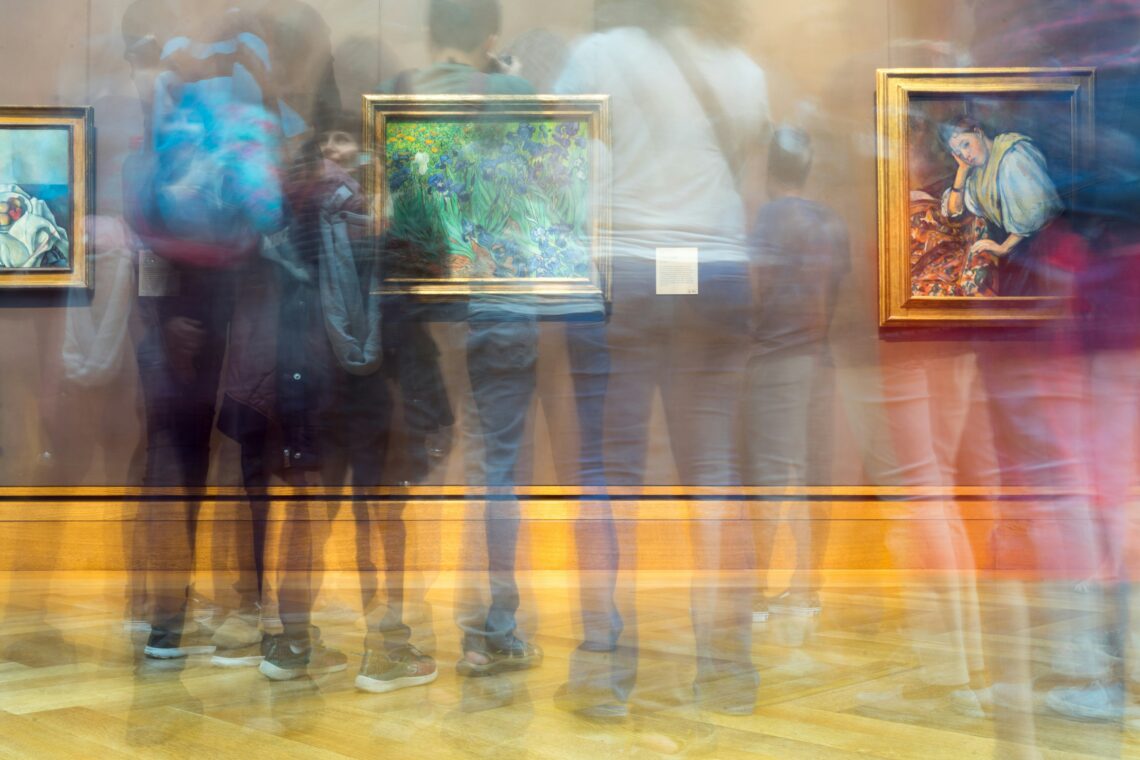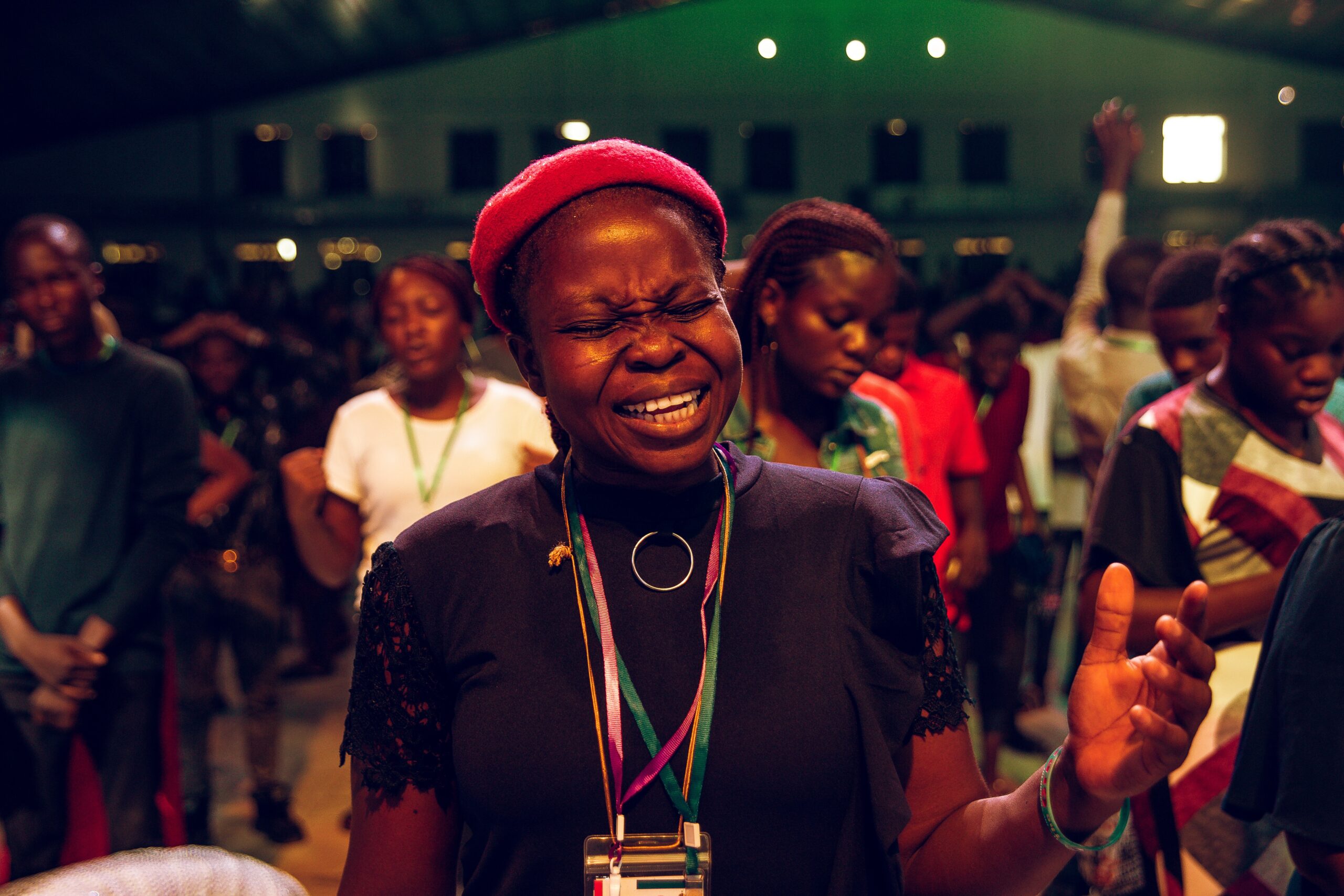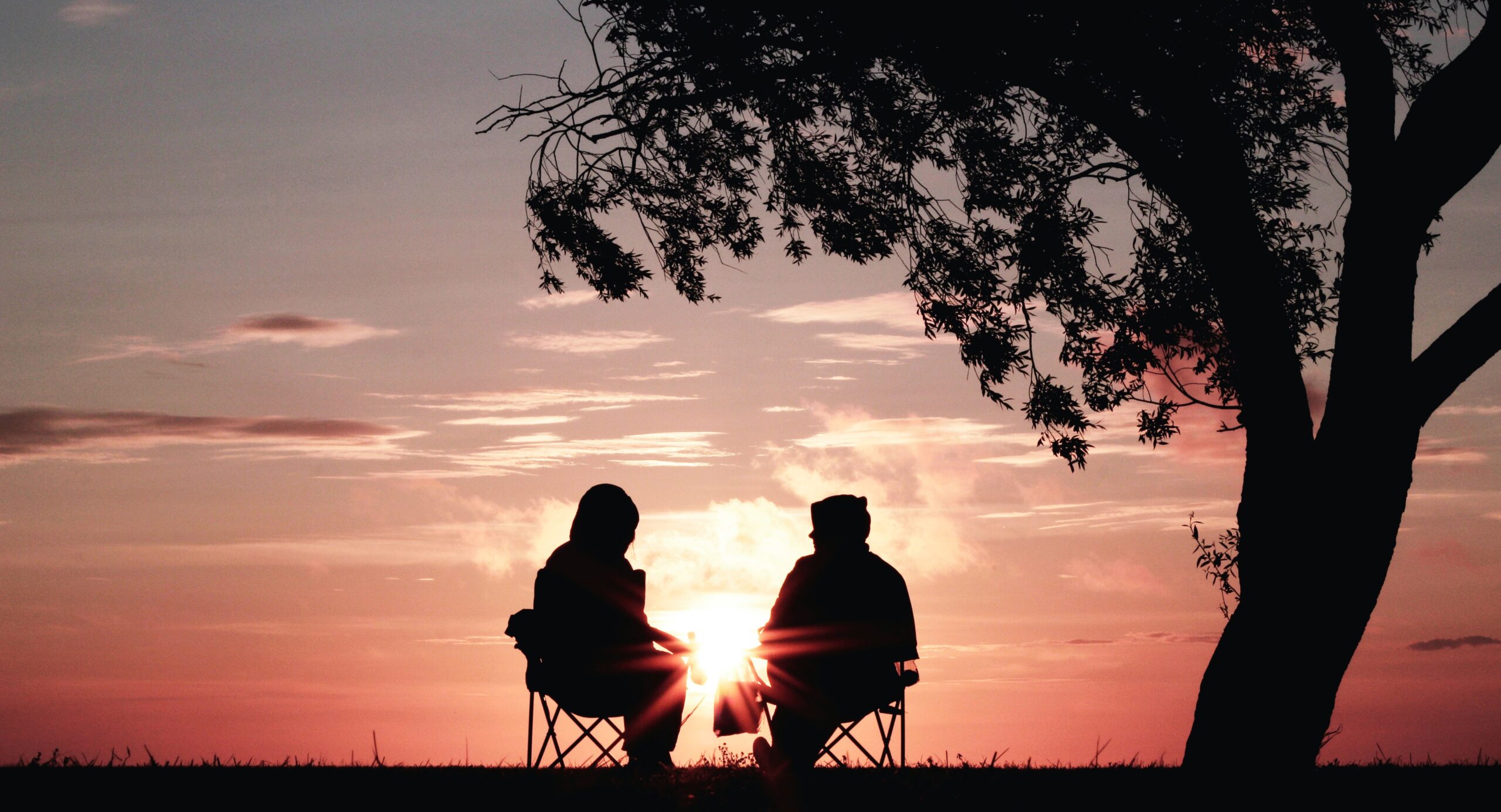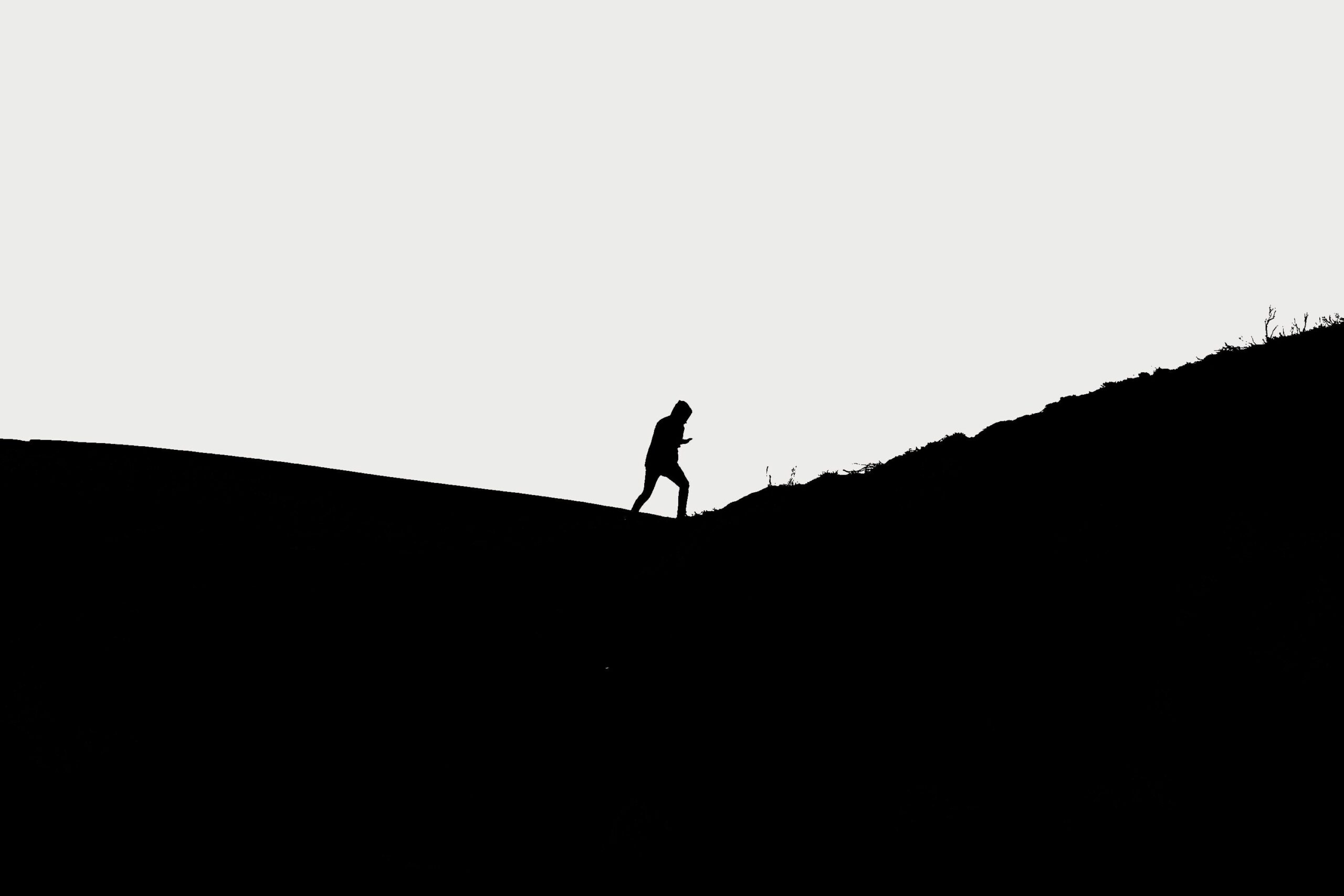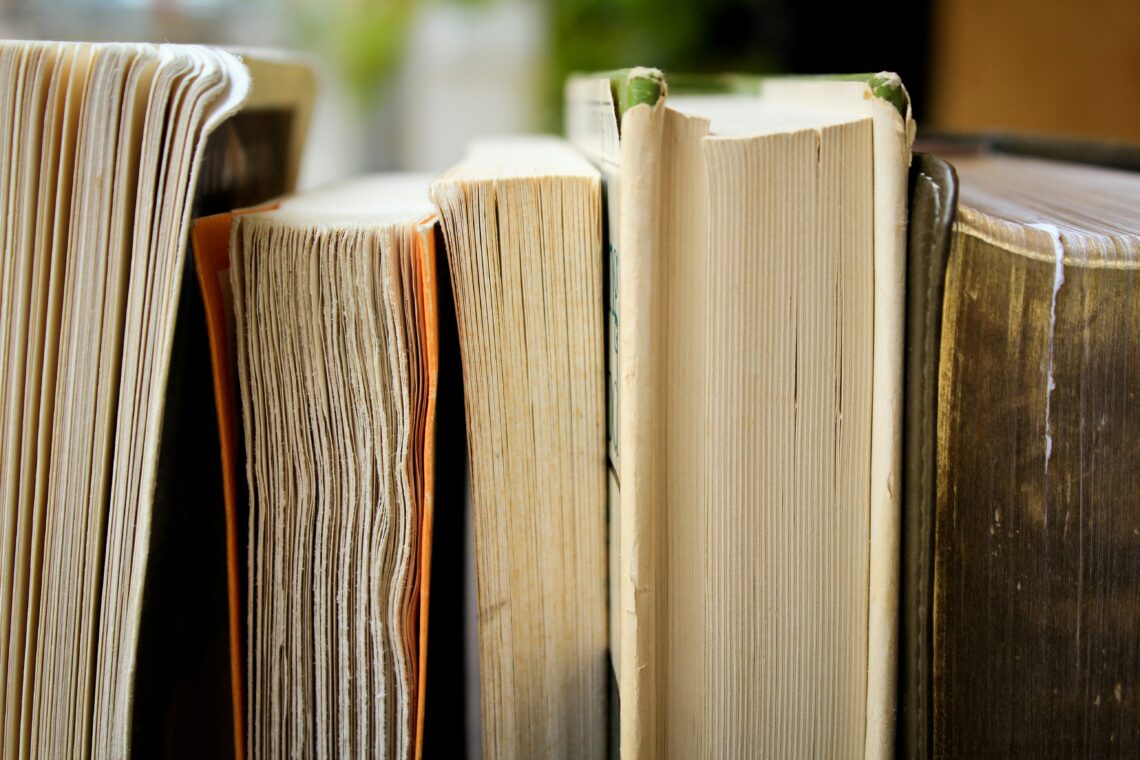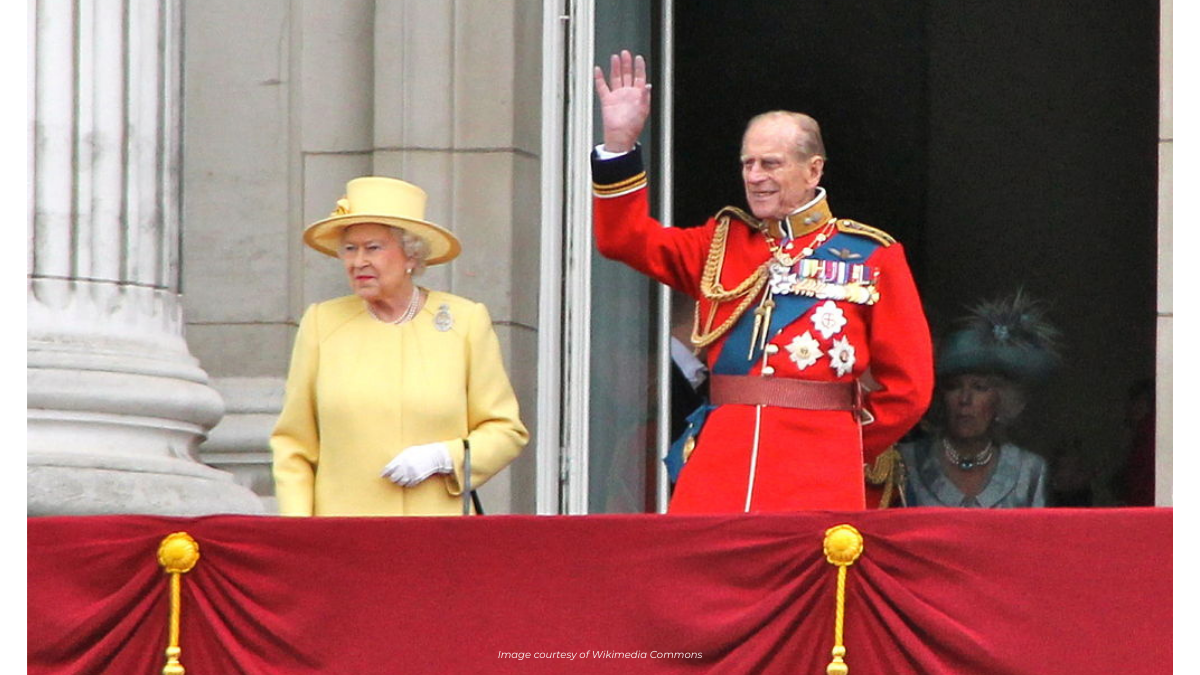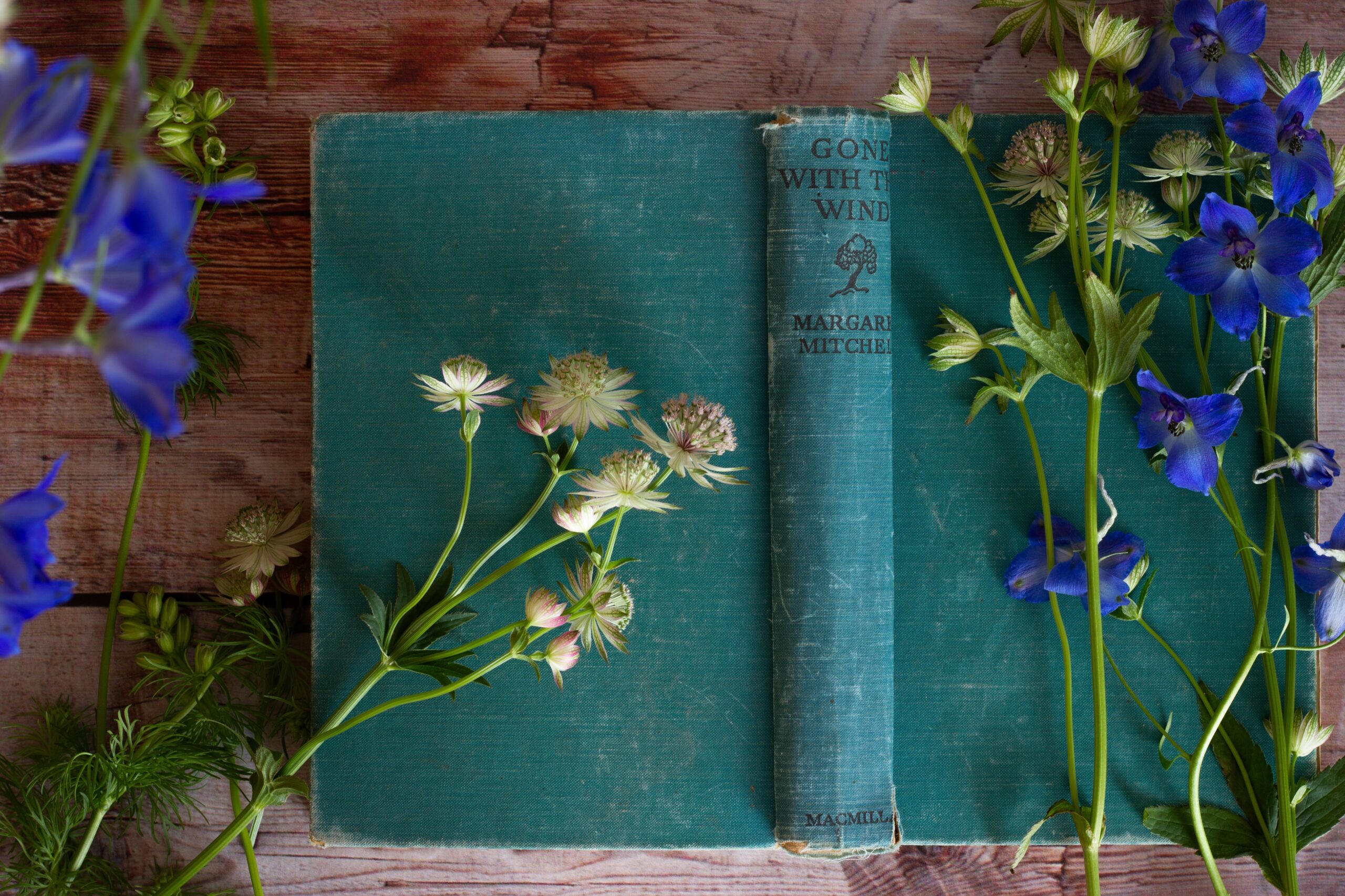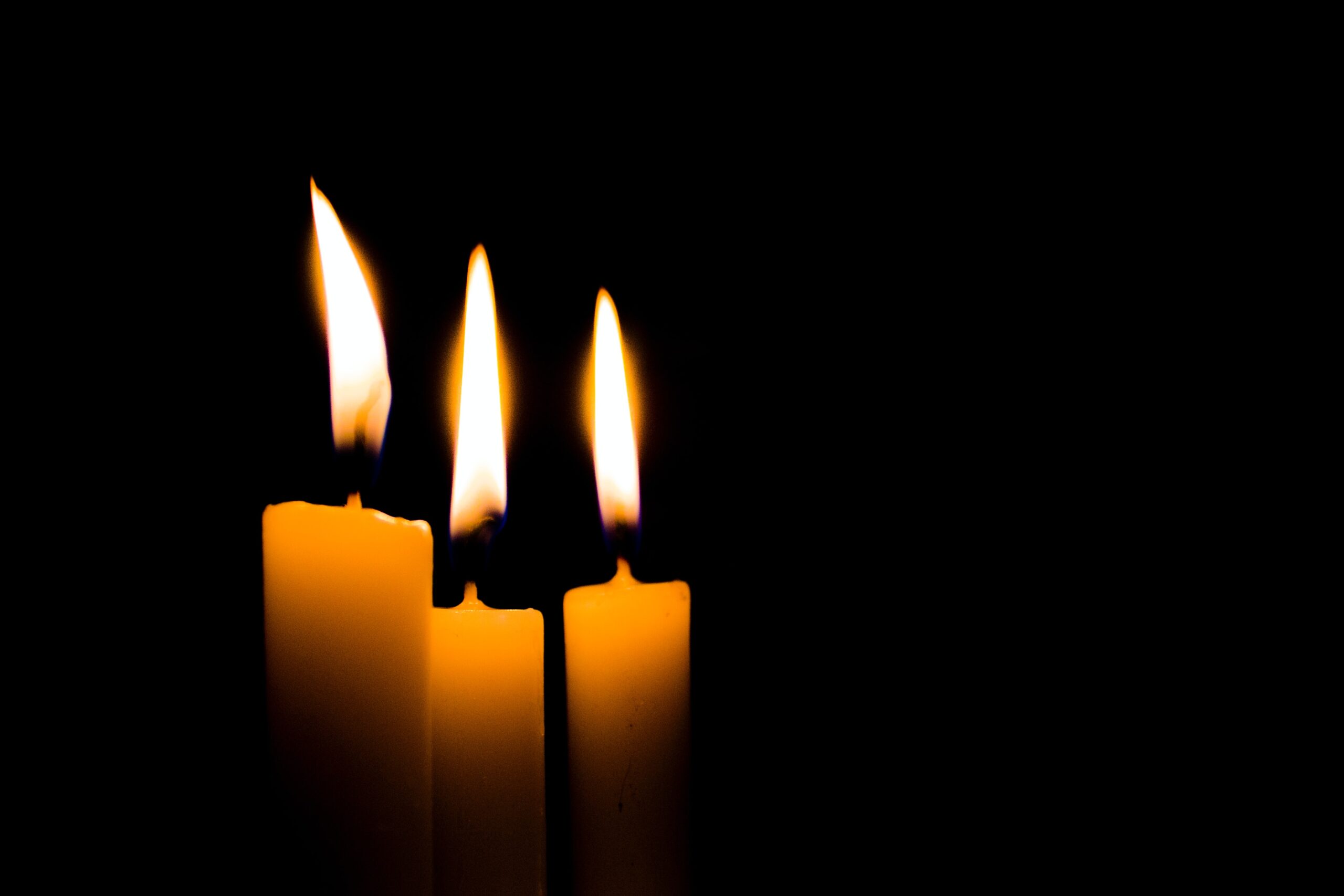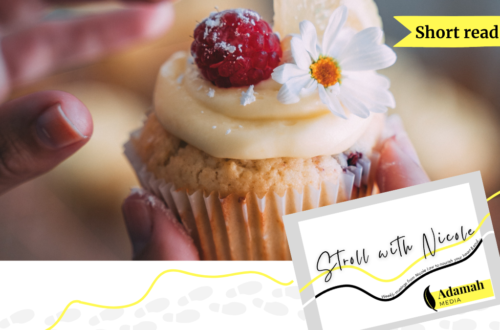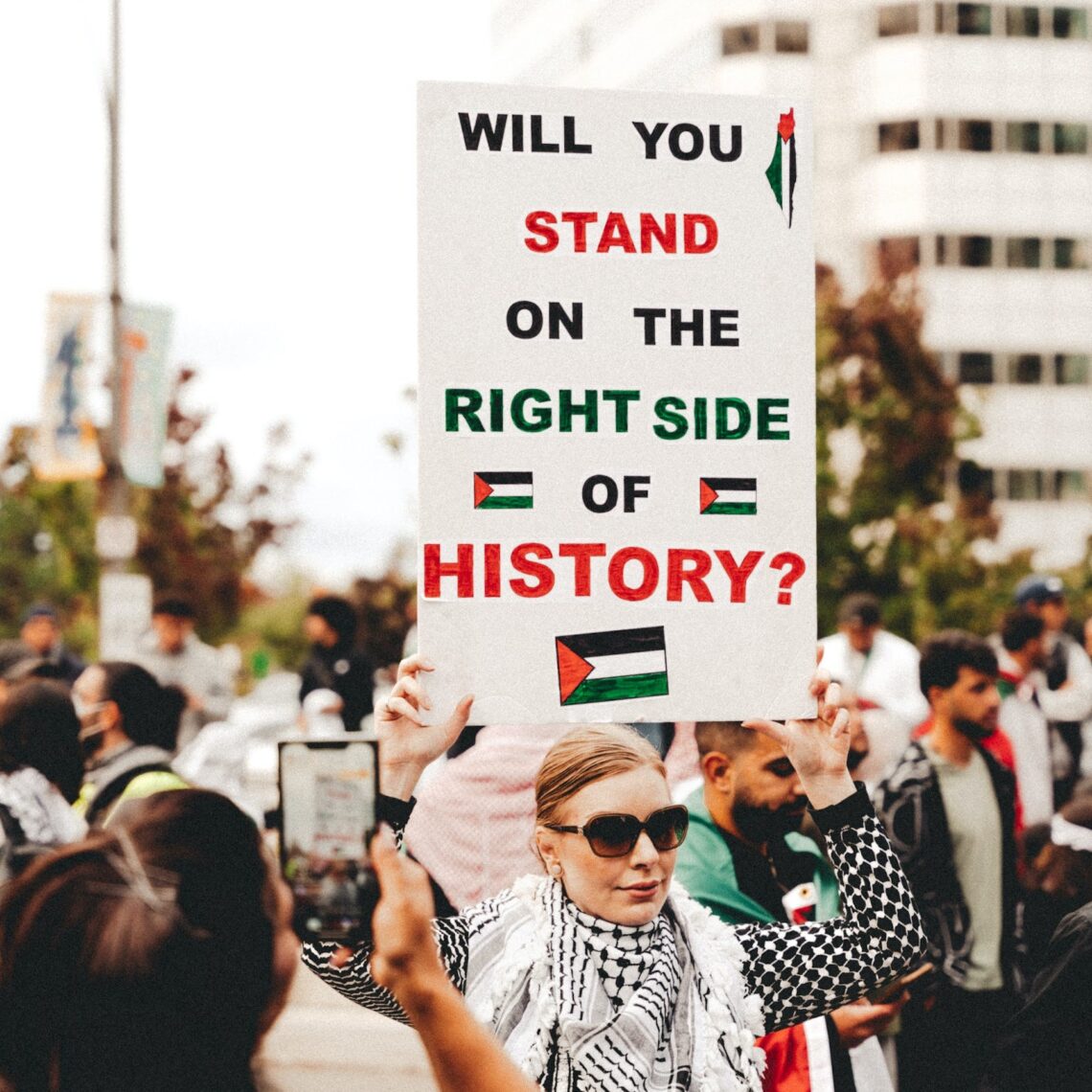-
The art of connection: navigating friendship in the 21st century
(8 minutes) Anthony Stratford draws on ancient wisdom to re-discover how we can form true friendships at a time when it seems ever more difficult to do so.
-
The window of the soul: the value of attention
(6 minutes) Catalan philosopher Jaime Nubiola says we have to pay attention to life to really learn its lessons.
-
“My poetry is an attempt to put a vertical beam in the horizontality of modern culture.”
(10 minutes) Edward Clarke is a poet who thinks he can add to the psalms and connect with the cherubim. And he’s delightfully sane! Adamah’s Editorial Director Joseph Evans interviewed him.
-
When framing becomes defaming
(4 minutes) Frames in art are meant to help a work stand out and better express its reality. But José Maria André is concerned that in everyday media framing is often used to distort and even falsify what people are trying to say.
-
Learning death: the importance of connection
(5 minutes) Jenny Sinclair describes how her mother’s efforts to support her dying husband, Jenny’s father, taught her how relationships with each other and with God make it easier to face the natural reality of death. And also about the meaning of life.
-
We must learn from Frankenstein’s monster
(8 minutes) We need the humanities more than ever in the 21st century, believes Mary Ann MacDonald.
-
Why the search for truth needs more than Google
(8 minutes) Roshaney Aftab thinks we shouldn’t be so sure about what we claim to know.
-
Language lessons from Humpty Dumpty, the Holy Innocents and Terry Pratchett
(6 minutes) Toby Lees warns that when we empty language of meaning we destroy others - and ourselves.
-
Religious extremism in Africa
(5 minutes) Opposing bigotry and religious extremism in Africa requires cooperation between rationally minded people of all faiths and none, overcoming simplistic narratives, argues Caleb Onah.
-
Us or them: understanding the Israeli-Palestinian war
(5 minute read) Firas Modad attempts to offer an objective, ‘steel-man’ perspective of the position of each side in the Israel-Palestine conflict, without endorsing either.

